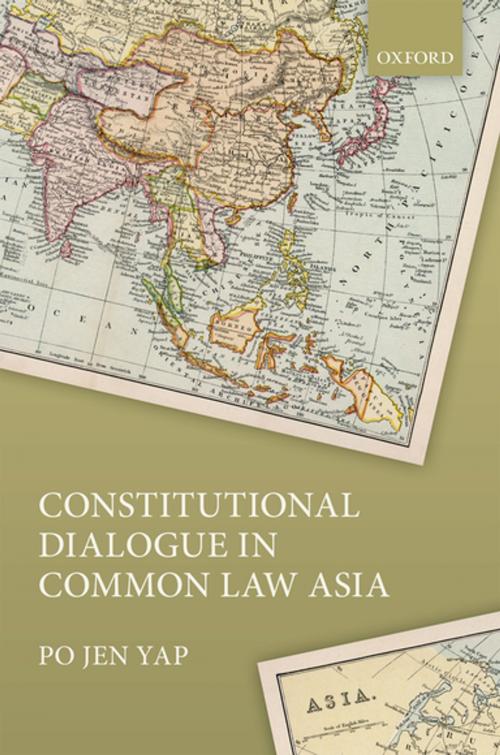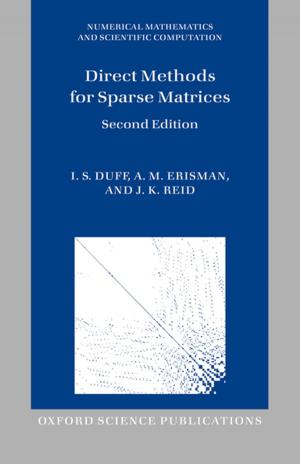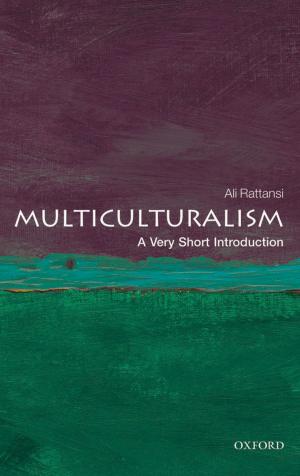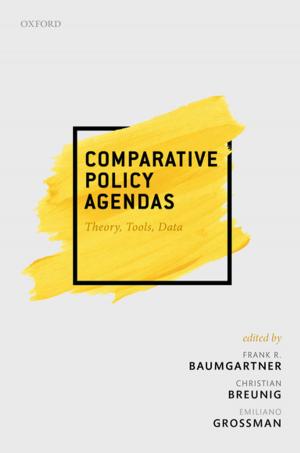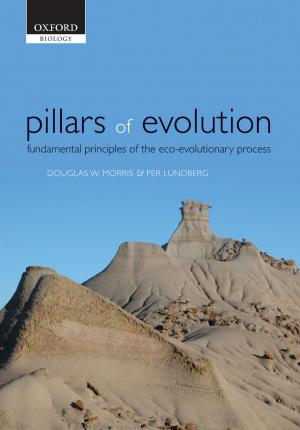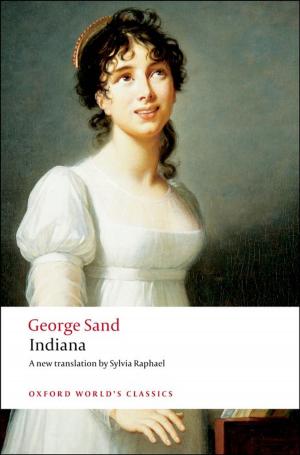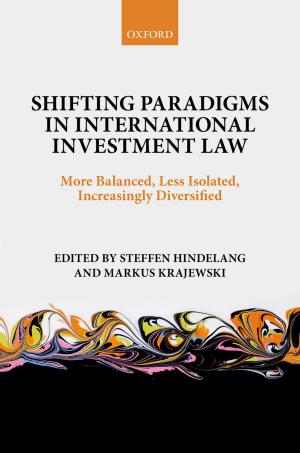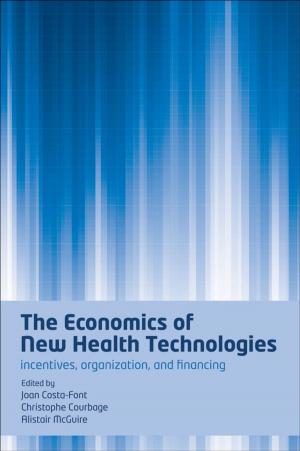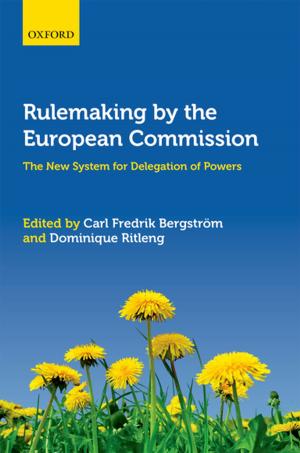Constitutional Dialogue in Common Law Asia
Nonfiction, Reference & Language, Law, Civil Rights, Constitutional| Author: | Po Jen Yap | ISBN: | 9780191055942 |
| Publisher: | OUP Oxford | Publication: | July 16, 2015 |
| Imprint: | OUP Oxford | Language: | English |
| Author: | Po Jen Yap |
| ISBN: | 9780191055942 |
| Publisher: | OUP Oxford |
| Publication: | July 16, 2015 |
| Imprint: | OUP Oxford |
| Language: | English |
In a comprehensive examination of the constitutional systems of Hong Kong, Malaysia, and Singapore, Po Jen Yap contributes to a field that has traditionally focussed on Western jurisdictions. Drawing on the history and constitutional framework of these Asian law systems, this book examines the political structures and traditions that were inherited from the British colonial government and the major constitutional developments since decolonization. Yap examines the judicial crises that have occurred in each of the three jurisdictions and explores the development of sub-constitutional doctrines that allows the courts to preserve the right of the legislature to disagree with the courts' decisions using the ordinary political processes. The book focusses on how these novel judicial techniques can be applied to four core constitutional concerns: freedom of expression, freedom of religion, right to equality, and criminal due process rights. Each chapter examines one core topic and defends a model of dialogic judicial review that offers a compelling alternative to legislative or judicial supremacy.
In a comprehensive examination of the constitutional systems of Hong Kong, Malaysia, and Singapore, Po Jen Yap contributes to a field that has traditionally focussed on Western jurisdictions. Drawing on the history and constitutional framework of these Asian law systems, this book examines the political structures and traditions that were inherited from the British colonial government and the major constitutional developments since decolonization. Yap examines the judicial crises that have occurred in each of the three jurisdictions and explores the development of sub-constitutional doctrines that allows the courts to preserve the right of the legislature to disagree with the courts' decisions using the ordinary political processes. The book focusses on how these novel judicial techniques can be applied to four core constitutional concerns: freedom of expression, freedom of religion, right to equality, and criminal due process rights. Each chapter examines one core topic and defends a model of dialogic judicial review that offers a compelling alternative to legislative or judicial supremacy.
